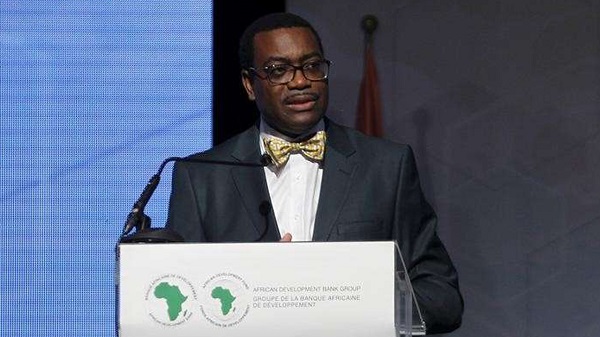In our great country where the law hardly rules, there are numerous strong men that rule the vast weak institutions of governance. The office of the citizen always laments that if their country continues with only strong but lawless party men without strong institutions, then economic growth will continue to be a pipe dream. And so it is with quality of governance and justice, which has been elusive.
In the most populous black nation on earth, people are beginning to perceive that corruption is fast becoming a ‘fundamental objective and directive principle of state policy’. The origin: For many years, Nigeria as an ‘oil giant’ has earned a considerable sum of money from oil and gas resource, which has gone down the cesspool that corruption has built. The country, which runs conveniently on the grease of politics can be marked as Africa’s richest even as the poverty capital in global context. The trouble with the giant in the sun is that money from oil and gas does not flow to the people. Curiously, the top public officials here are mysteriously wealthy as they hide behind their facade that public money belongs to no one. And as public finance auditors are complacent and complicit, the smart public gallery is full of information pieces on how public officials are buying million-dollar mansions and accumulating stolen public funds in financial establishments abroad. Code of Conduct Bureau, Financial Intelligence Unit and other anti-graft agencies in the ‘country of anything is possible’, appear clueless about the wealthy public officers without entrepreneurship. The country’s electoral and political system that once produced a ticket of presidential candidates of the same faith is now polarised by a crisis of coherence and confidence.
This scenario keeps us on the edge, anxious and sleepless. Nothing makes sense anymore. Meaning eludes us. Some offer explanations that this is the beginning of the end of times or the age of destruction. The more we ponder over what is happening in Africa’s most populous country, the more disoriented we become. Authorities at the centre and the peripheries cause us to focus on the wrong things that blind us to what is significant. Suddenly, there is no ground to stand on to talk about security and welfare of the people. Solutions that worked no longer do. The world appears incomprehensible, chaotic, lacking rationality. The people in power respond to this incoherence by applying the old solutions more frantically. It is amid this cynicism and hopelessness that we still have to choose Our Man of The Year 2021.
Our intricate choice in a year ravaged by too many local disasters, awful leadership and the pandemic comeback is no jolly ride for this newspaper’s Editorial Board and its star-studded institutions.
But the Board settled for a persona whom the truth did set free and whose conscience feared no accusation. And to this rare persona that turned one of the most difficult corners in history, an African ambassador indeed and in truth, a beacon of light, the positive face of Nigeria, even when the embers begin to burn low, an indefatigable voice of change and courage to speak truth to powers, to this continental footnote and hope of a brighter Africa to come, belongs The Guardian’s Person of the Year 2021.
And so Dr. Akinwumi Adesina, President of African Development Bank stands taller in 2021 and there are deliverables from his choice. For fighting a good fight of faith in an African institution for Africa’s development, for surviving a curious persecution by a superpower- stakeholder in the African Bank, he leads, for reminding the global community that only Africans can engineer a sustainable development agenda that the continent needs, for confirming that no amount of foreign intervention can develop African countries better than its people setting up their own plan for development, for reliving a 1976 bold statement to the superpowers that Africa has indeed come of age, for developing a development paradigm that Africa too can create its own Davos, for showing that Nigeria too has qualified and strong men who can develop strong institutions to lead Africa, and the Black race; for making iconic Nelson Mandela to sleep well as an oracle who was persuaded that Africa and the black people of the world would not develop until Nigeria could wake up, Dr Akinwumi Adesina is The Guardian’s Person of the Year 2021.
The significant story of the proudly Nigerian, proudly African who has shown that something good can equally come out of Africa’s most populous nation is told by two young scholars in The Guardian’s Newsroom, Dr. Wole Oyebade and Dr Femi Adekoya, members of our Editorial Board. Rush to pages 2, 3 & 4 for the great story of a great man.



